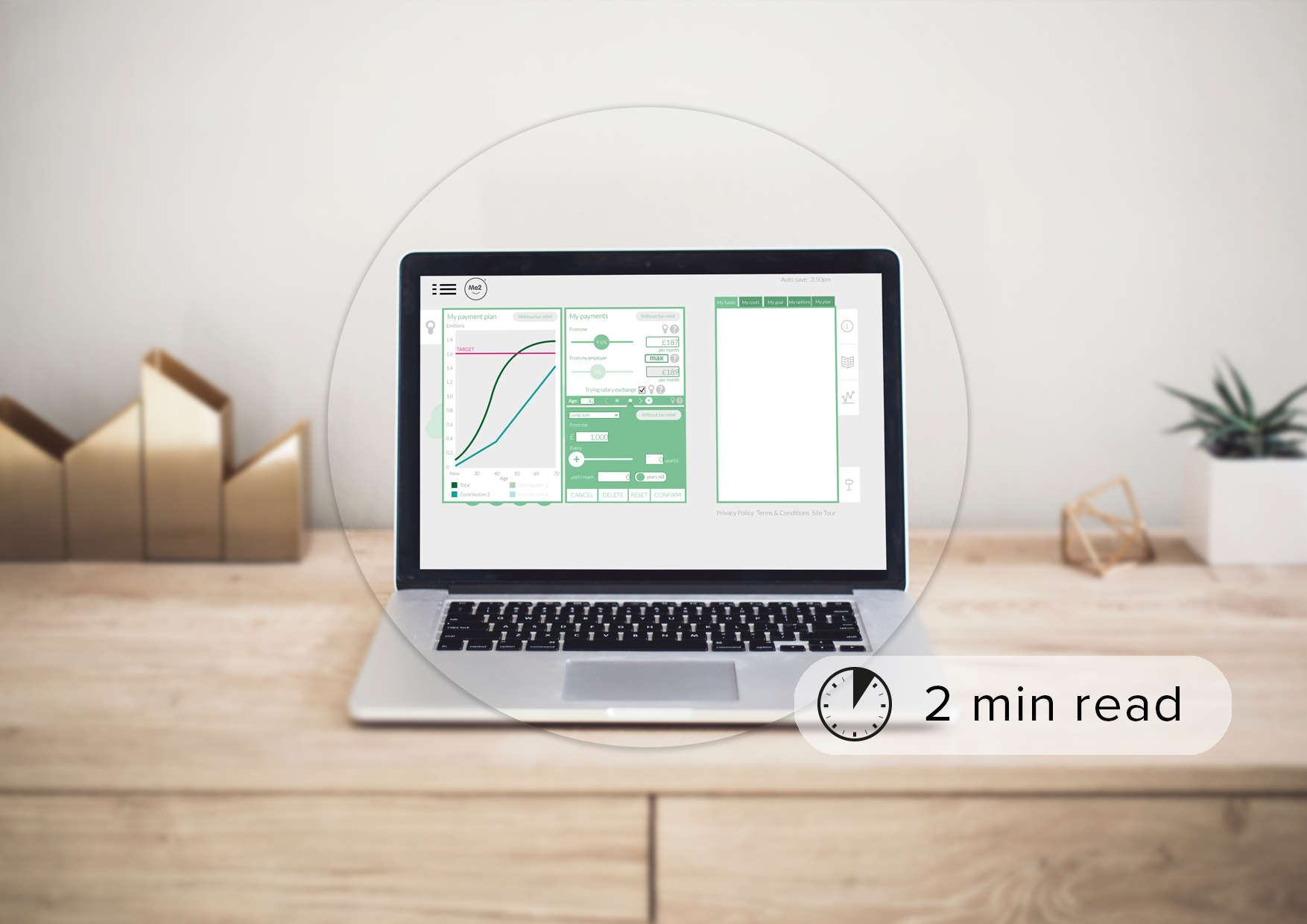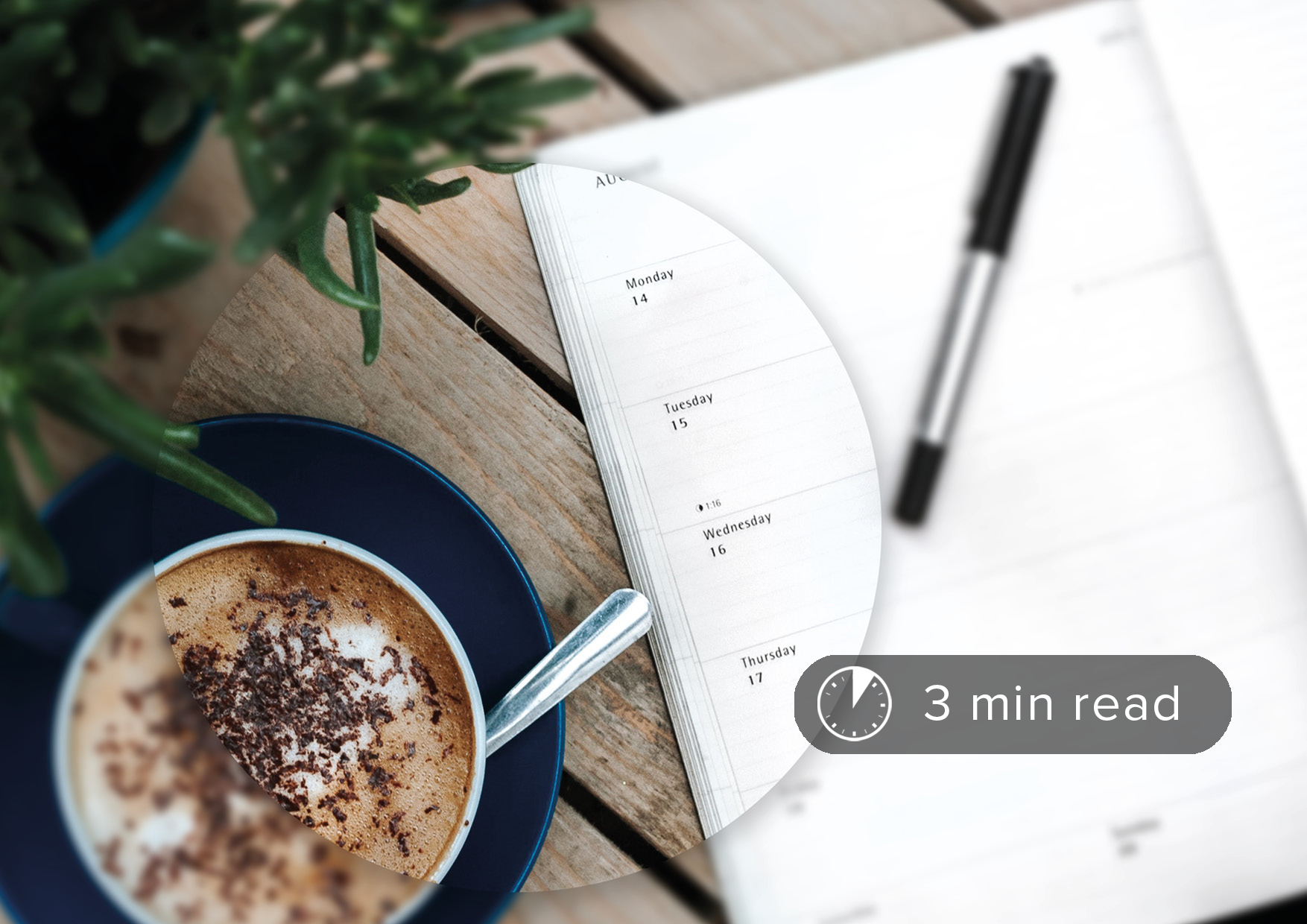What is 4me?
We all have diverse needs when it comes to our physical, mental and financial wellbeing, and research shows that many of us would like help from our employers in these areas.
And that’s where 4me can help.
4me is an online tool that can help you to think more about your overall happiness and how you can get the best out of your job, your cash, your workplace benefits and more. Whatever your age, and wherever you are on your savings journey, 4me will point you in the right direction.
In 4me, we don’t use confusing jargon, and you’ll only see the information most relevant to you. There are topics tailored to your age group and it takes account of what savings you already have. Even your paperwork and terms and conditions are stored on the bookshelf so you won’t have to go searching through your ‘filing’! There’s also a library of short videos and interactive tools, all designed to guide you through the decisions you might face at any stage in your life.
- 18-29? Stay in! – this is where your retirement journey begins
- 30-49? Pay more in – start to build up your savings and plan how much you need to save for the future
- 50+? Shape and access – consider if you’re on track for the retirement you really want and think about how you might want to spend your money
The aim of 4me is to fully equip you with the tools you need to plan and make well informed decisions about your future. Speak to your employer today about the benefits of 4me, or head over to the website to find out more.





